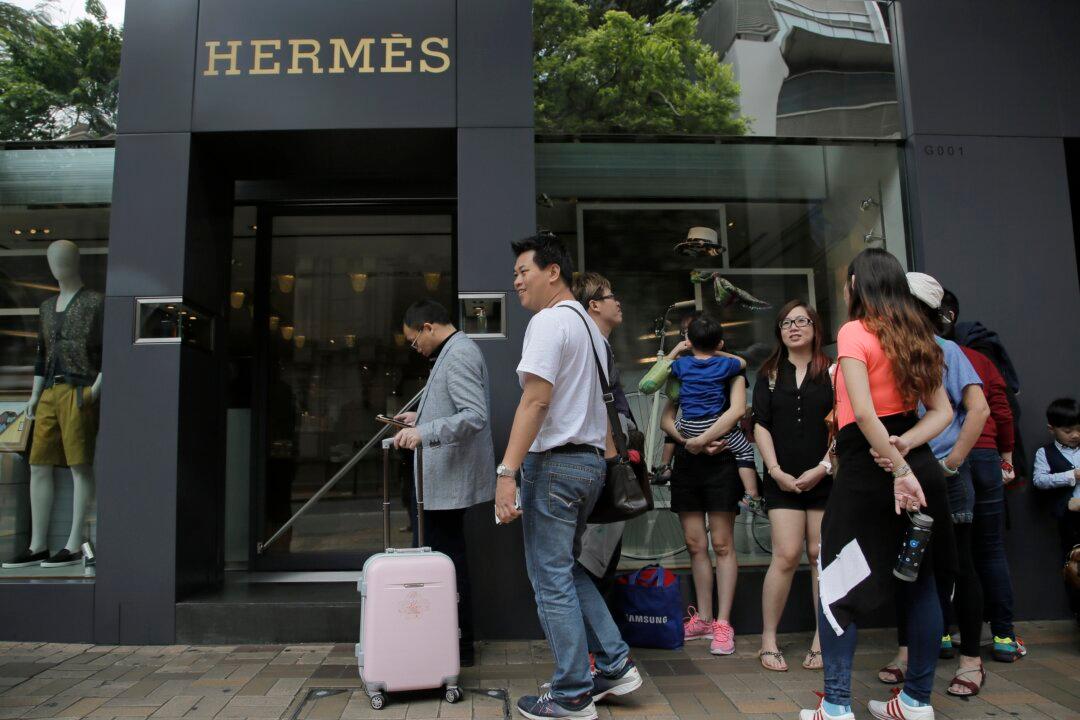China will rein in visits by residents of the southern city of Shenzhen to nearby Hong Kong, but local activist groups remain unconvinced that the move will resolve tensions in their border towns.
Beijing has decided to tweak an existing travel policy for residents of Shenzhen, Southern China, because “alongside the unceasing growth of mainland residents traveling to Hong Kong and growing pressure on mainland and Hong Kong immigration ports, there’s growing contradiction between visitor numbers to Hong Kong and Hong Kong tourism’s capability,” according to state mouthpiece Xinhua.
Under the new ruling, Shenzhen permanent residents have to apply for an entry permit to Hong Kong a week before visiting. Those holding on to visas under the current scheme—year-long, unlimited entry permits—will still be allowed to keep them until they expire.
The news was leaked earlier on WeChat—a Chinese mobile messaging service. WeChat users circulated an internal memo from Shenzhen’s immigration department with information that authorities will restrict its permanent residents to one trip a week to Hong Kong, and will make the ruling official on Monday, according to Hong Kong newspaper Apple Daily. This news was later confirmed by local media and politicians.




